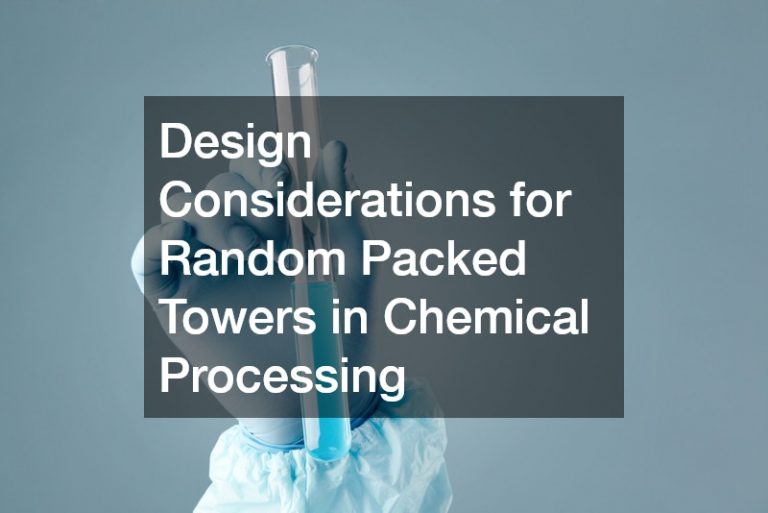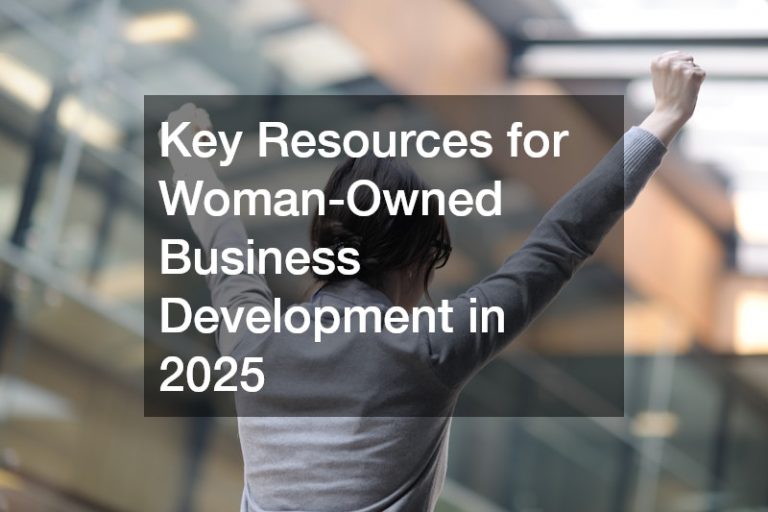

Plastic is all around you. From your reusable water bottle to pharmaceutical and medical packaging, the material is as abundant as it is useful. However, sometimes recycling plastic can be a challenge for that very reason.
With so many different types of plastic surrounding you, it can be difficult to tell what needs to go in the weekly recycling bin and what needs to be taken elsewhere. So if you’re wondering where to put all of your medical blister packaging so it can avoid the trash can, here are some simple tips to help you reach better recycling.
Make Sure it’s Clean
Although you may be sorely tempted to toss any dirty plastic containers or pharma packaging straight into the recycling bin, you should refrain from doing so. One dirty product, or one with food waste still in it can contaminate an entire bale containing thousands of pounds of collected plastics. Dirty containers can cause all of these plastics to be sent to a landfill rather than be recycled, and nobody wants that. So if you can wash and reuse it, great! If not, wash it anyway before you toss it.
Know What’s Accepted
Plastics come in a variety of shapes, colors and chemical formulations, and they all have different recycling needs. The code number does not mean the plastic can be recycled, rather it’s a method of determining the plastic type. Unless you understand that the number on your pharmaceutical blister packaging means, then you shouldn’t use it as a indicator of whether or not to recycle it. However, going by shape is a good idea. Bottles, jugs, and jars are generally accepted.
Learn About Recycling Products
Many people are uneducated in the way of proper recycling, so it’s up to you to be aware of recycling procedures in your area and to inform others. For example, plastic grocery and produce bags are commonly placed in recycle bins. However, these bags can shut down an entire recycling plant and should be kept out of any recycling bin. Plastic bags are often collected in barrels at grocery stores, and should always be recycled that way.
Whether you’re curious about medical blister packaging or food packaging, it’s important to learn about recycling so you’re able to do it properly and make the most of your recyclable plastics.



